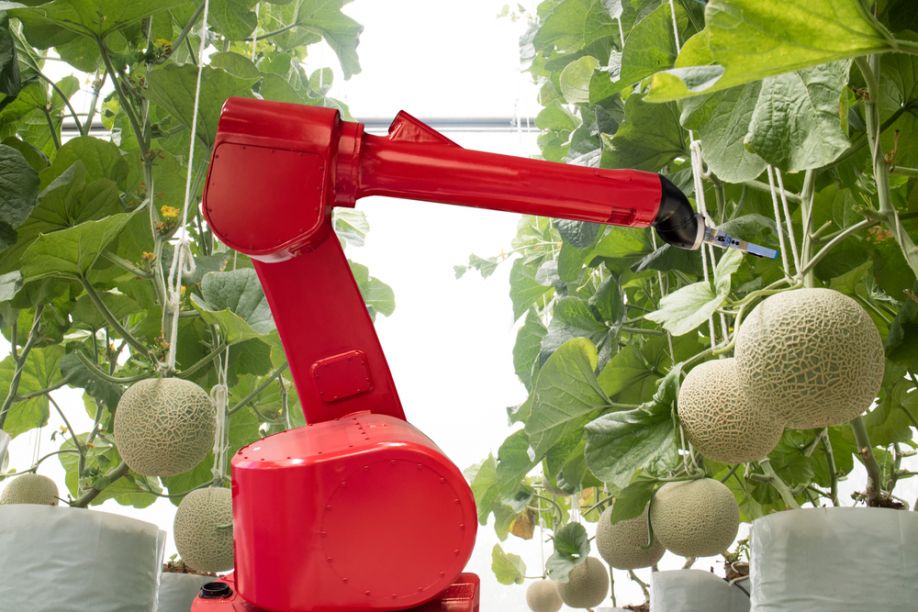Robotic Applications in Agriculture

Agriculture is one of the most critical industries, and it isn't just soil, seeds, and shovels anymore. As the world has advanced with technology, agriculture has been keeping up. New technological advancements happen all of the time in the world of farming, and they're not going to stop.
Over the years, it has attracted new companies and investors wanting to get involved in agricultural technology. Technology has made it possible for the farming industry to be even more efficient and economical.
The spike in robotic technology primarily has to do with the fact that there is a growing population that needs food. Without technology and automated applications in agriculture, it would be highly challenging for farmers to meet people’s demands.
As the population continues to grow, the need for more food will reach every mass agricultural entity, which means they will have to step up their technology usage. Already, technology has been able to meet those demands. With continued innovation, it won't be hard to meet the needs of even more people.
Types of Robots in Agriculture and Their Applications
Robots are used almost daily throughout the agricultural sector. Here are some examples of the types of robots in agriculture:
Harvesting and Picking
Crop harvesting is one of those repetitive tasks that farmers must accomplish at the end of the season. Often, hundreds of pickers do the job for hours on end until everything ripe is off the plant.
However, care must be taken when harvesting so there aren't too many robots harvesting every type of plant. Farming and technological industries have been able to develop a few robots that can gather and pick produce.
Produce ranging from berries to lettuce can be harvested by robots. Robotic machines can even harvest shrubs for people to purchase at nurseries. Each robot must be exact and able to gather the items without damaging them.
These harvesters still have a long way to go, but once they're able to pick vegetables, fruits, and other plants precisely, there will be less that goes to waste.
Weeding
Weed control is something that farmers must do to have healthy crops and soils. A weed left untouched can slowly dominate the surrounding plants, leading to the waste of some products or even the plant’s death.
Sometimes, farmers must use some herbicide to get rid of weeds. To be more sustainable, though, not all farming industries want to go that route, which is why weeding robots have become more popular.
Weeding robots have artificial intelligence (AI) cameras and other sensors that distinguish between a weed and a crop. Some farmers have put weeders to work in vineyards and other growing areas.
Inspection and Data Collection
Drones have been a powerful tool and resource for farmers. Farmers can get a bird’s eye view of their crops by allowing a drone to pass over them. From the imagery, they can gain a better sense of the crop’s health.
This is especially helpful for larger farms, as farmers don't have to walk between every row to check their plants. Other robots can determine if plants need more water, which reduces water waste. Plus, robots can tell if plants lack a particular nutrient or if a pest is bothering them.
Robots that aid with inspection and data collection provide deeper insight into each crop. It can be a time-consuming process to figure out all of the details about a crop so that farmers can spend more time on other matters.
The Future of Robotics in Agriculture
The goal of robotics in agriculture is to ease the laborious and repetitive work for farmers and others who work in agriculture. In the future, farmers and technicians are hoping to advance the abilities of robots further.
Robots are helping to make precision farming a reality. These robotic applications will help decrease food and water waste and limit the number of pesticides or herbicides used on farms as well. As technology advances, so does the agricultural sector to feed the world.
Comments (0)
This post does not have any comments. Be the first to leave a comment below.
Featured Product

